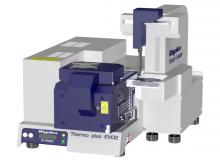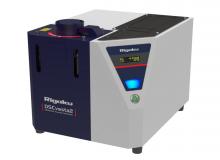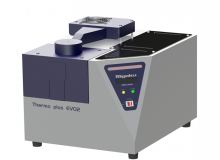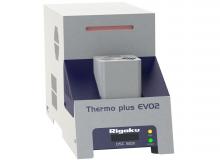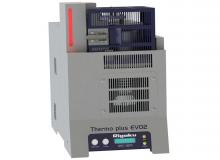Introduction
Calcium sulfate dihydrate (CaSO₄・2H₂O) or gypsum is a natural mineral used in various industrial application. Gypsum is utilized as a retarding agent in cement, construction material for walls and ceilings, surgical splints in medical applications, casting molds and modeling etc. Therefore it is important to understand the thermal behavior of gypsum. Here, we confirm the behavior of calcium sulfate dihydrate using STA (TG-DTA).
Thermal analysis products from Rigaku
TG-DTA is a hyphenated technology generally referred to as simultaneous thermal analysis (STA).
Quantifies the energy changes in reactions such as melting, transition, crystallization and glass transition temperature.
TMA is the measurement of a change in dimension or mechanical property of the sample while it is subjected to a controlled temperature program.
The compact humidity generator (HUM-1) is connected to the TG-DTA for measurements under constant relative humidity water vapor atmosphere.
TMA/HUM measures change in dimension or mechanical property of a sample while subjected to a temperature regime under water vapor atmosphere with a constant relative humidity.
In TG-FTIR, gases evolved by volatilization or thermal decomposition are qualitatively analyzed, which allows you to track changes in the generated amount along with the temperature change.


